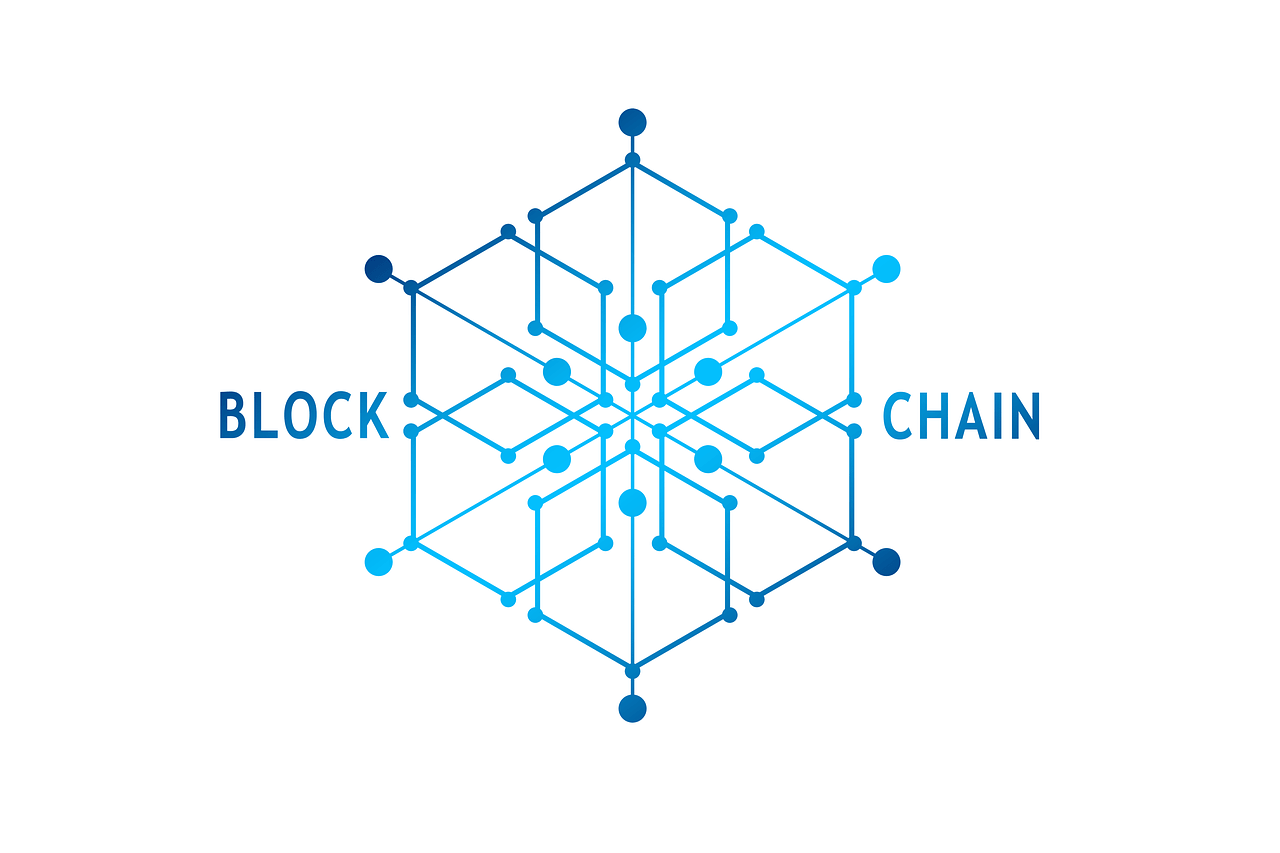
In the rapidly evolving landscape of business technology, staying ahead of the curve is not just an advantage—it's a necessity. Imagine a world where transactions are not only secure but also transparent and immutable. Welcome to the world of blockchain. This revolutionary technology is no longer just a buzzword; it's a powerful tool that can drive digital transformation and offer numerous blockchain benefits. But how do you integrate blockchain into your modern business? Let's dive in and explore the steps to successfully adopt blockchain and harness its potential.
Understanding Blockchain: The Basics
Before we delve into how to adopt blockchain in modern businesses, let's understand what blockchain is. Think of blockchain as a digital ledger that records transactions across multiple computers. Each block in the chain contains a list of transactions, and once a block is added to the chain, it cannot be altered retroactively without altering all subsequent blocks. This makes blockchain incredibly secure and transparent.
Why Adopt Blockchain in Your Business?
The benefits of blockchain integration are vast and varied. From enhanced security to increased transparency, blockchain can revolutionize various aspects of your business. Here are some key blockchain benefits:
- Enhanced Security: Blockchain's decentralized nature makes it highly resistant to fraud and hacking.
- Increased Transparency: Every transaction is visible to all participants, ensuring accountability.
- Cost Efficiency: By automating processes and reducing the need for intermediaries, blockchain can lower operational costs.
- Improved Traceability: Blockchain allows for easy tracking of transactions, which is particularly useful in supply chain management.
Steps to Adopt Blockchain in Modern Businesses
1. Identify the Use Case
The first step in adopting blockchain is to identify a specific use case within your business. Ask yourself: Where can blockchain add the most value? Is it in supply chain management, financial transactions, or data security? Identifying a clear use case will help you focus your efforts and resources effectively.
2. Educate Your Team
Blockchain is a complex technology, and it's crucial to educate your team about its potential and limitations. Conduct workshops, seminars, and training sessions to ensure everyone understands how blockchain works and how it can benefit your business.
3. Choose the Right Platform
Selecting the right blockchain platform is essential for successful integration. There are several enterprise blockchain platforms available, such as Ethereum, Hyperledger, and Corda. Each platform has its strengths and weaknesses, so choose one that aligns with your business needs.
4. Develop a Proof of Concept (PoC)
Before fully committing to blockchain integration, develop a Proof of Concept (PoC). This will allow you to test the feasibility of your blockchain project on a smaller scale. A successful PoC can provide valuable insights and build confidence in the technology.
5. Implement and Scale
Once your PoC is successful, it's time to implement blockchain on a larger scale. This involves integrating blockchain with your existing systems and processes. Ensure that you have a robust plan for scaling your blockchain solution as your business grows.
6. Monitor and Optimize
Blockchain integration is not a one-time task. Continuous monitoring and optimization are essential to ensure that your blockchain solution remains effective and efficient. Regularly review your blockchain processes and make necessary adjustments to improve performance.
Real-World Examples of Blockchain Adoption
Several industries have already embraced blockchain and are reaping its benefits. For instance, the supply chain industry uses blockchain to track the provenance of goods, ensuring transparency and authenticity. In the financial sector, blockchain is used for secure and efficient cross-border payments. Even the healthcare industry is exploring blockchain for secure patient data management.

Challenges and Considerations
While the benefits of blockchain are numerous, there are also challenges to consider. These include:
- Regulatory Compliance: Ensure that your blockchain solution complies with relevant regulations and standards.
- Technical Complexity: Blockchain technology can be complex to implement, requiring specialized knowledge and skills.
- Cost: Initial investment in blockchain technology can be high, but the long-term benefits often outweigh the costs.
The Future of Blockchain in Business
The future of blockchain in business is bright. As more companies recognize the potential of blockchain, we can expect to see increased adoption and innovation. Blockchain is poised to become a cornerstone of digital transformation, driving efficiency, security, and transparency across industries.

Conclusion
Adopting blockchain in modern businesses is not just a trend—it's a strategic move that can propel your organization into the future. By understanding the basics, identifying use cases, educating your team, choosing the right platform, developing a PoC, implementing and scaling, and continuously monitoring and optimizing, you can successfully integrate blockchain into your business. The journey may have its challenges, but the rewards are immense. So, are you ready to take the leap and embrace the power of blockchain?
FAQs
What is blockchain, and how does it work? Blockchain is a decentralized digital ledger that records transactions across multiple computers. Each block in the chain contains a list of transactions, and once added, it cannot be altered retroactively without altering all subsequent blocks.
What are the benefits of adopting blockchain in business? Blockchain offers enhanced security, increased transparency, cost efficiency, and improved traceability, among other benefits.
How do I choose the right blockchain platform for my business? Select a blockchain platform that aligns with your business needs. Popular options include Ethereum, Hyperledger, and Corda.
What is a Proof of Concept (PoC), and why is it important? A PoC is a small-scale test to assess the feasibility of a blockchain project. It provides valuable insights and builds confidence in the technology.
What are some challenges to consider when adopting blockchain? Challenges include regulatory compliance, technical complexity, and initial cost. However, the long-term benefits often outweigh these challenges.
Posting Komentar